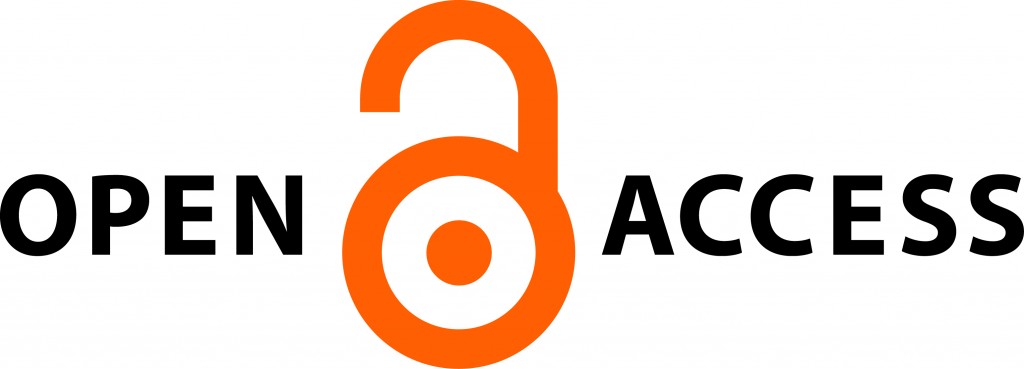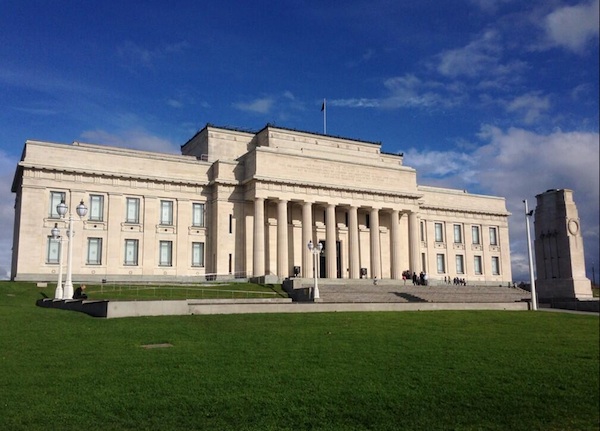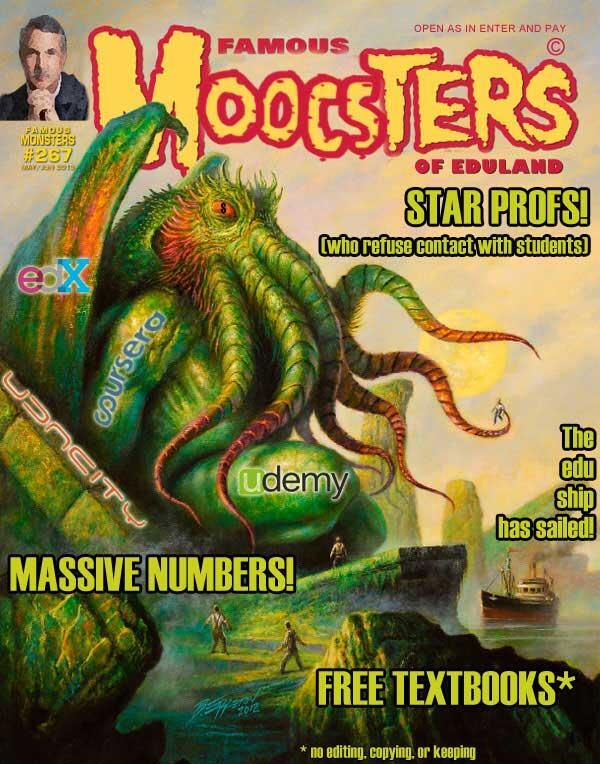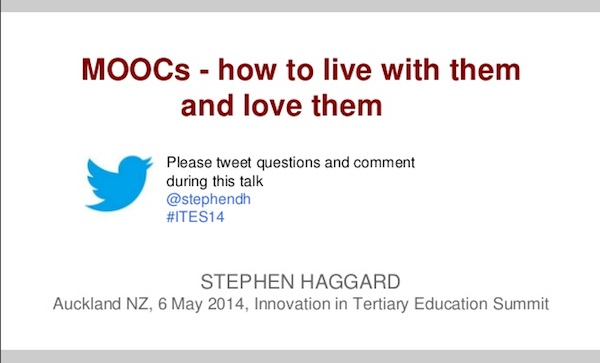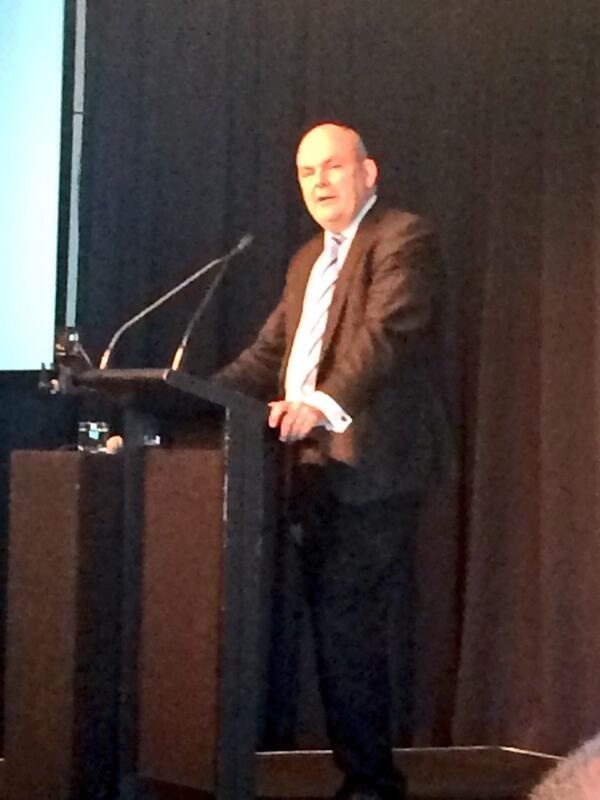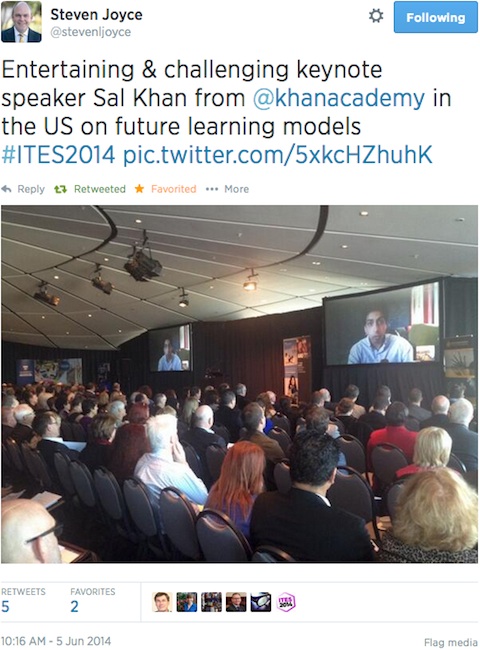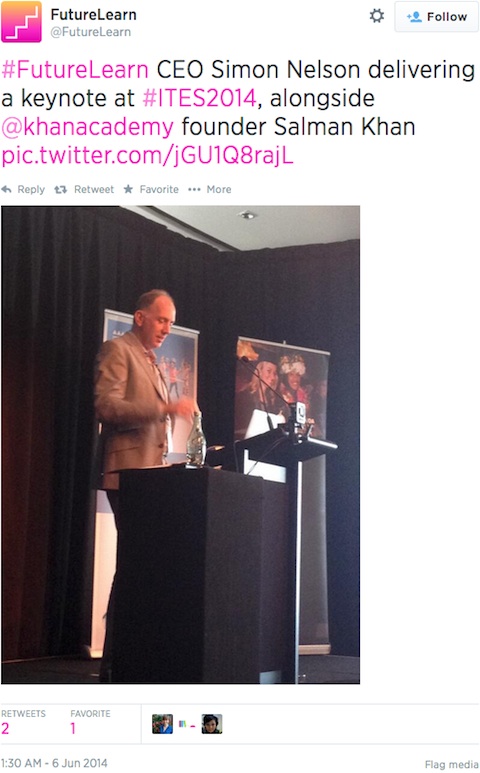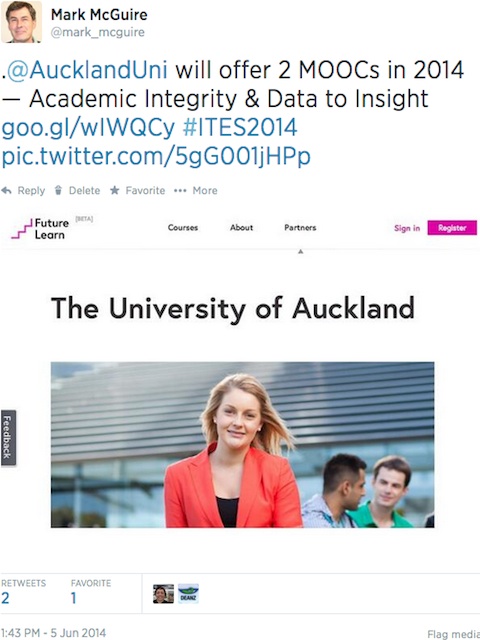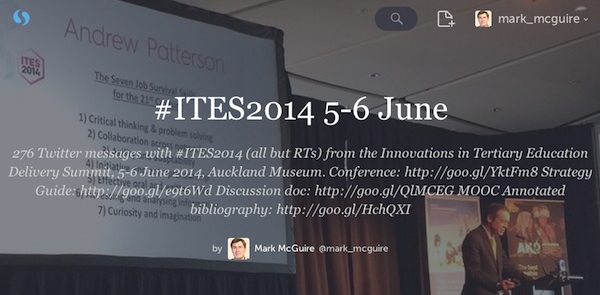
“Change” by Felix Burton (CC-BY) http://goo.gl/VFSB5h
Last week was Open Education Week (March 10-15). This annual event followed the final week of the “History and Future of (Mostly) Higher Education”, a six-week Coursera MOOC (Massive Open Online Course) that several of us at the University of Otago took part in. #FutureEd (the hashtag used for the course in Twitter and other social media sites) dealt with the opportunities for changing how we teach and learn in higher education, given the development of the Internet and innovations in pedagogy. Although it was a very American-centric course, the issues that were raised by the instructor, Cathy Davidson (from Duke University) are relevant to New Zealand and most of the other OECD countries.
MOOCs are adding to the increasing number of responses to the wicked problem of how to provide higher education in an environment characterised by continuing financial austerity and rapid technological change. It won’t be (and never has been) a one-size-fits all winner-takes-all single (or best) solution. We are likely to see an increasingly varied and complex future for higher education in which the various players and providers are more deeply intertwingled than ever.
CCK08 (Connectivism and Connective Knowledge, 2008) and the cMOOCs that followed could be described as pedagogically disruptive, as the coordinators (George Siemens, Stephen Downes, Dave Cormier and followers) were (and still are) experimenting with techniques that would help individuals to build and maintain their own personal learning network, rather than focussing on creating better (traditional, institutional) courses. Coursera, Udacity and the other xMOOCs (the “x” is from edX, the MOOC platform founded by Harvard and MIT) might be characterised as disruptive in terms of their business model (giving the course away, the freemium model, long tail, etc.) but, however technologically sophisticated, they are not progressive in terms of their pedagogical approach or in their use of open strategies. The fundamental differences in the objectives and the degree of openness between cMOOCs and xMOOCs was the focus of at least one discussion about #FutureEd that took place on Twitter.
The response to MOOCs by many university academic and managers (focussing on Coursera, Udacity and other xMOOCs), is that they are an inferior experience offered by venture capital-funded start-ups that have not managed to develop a workable business model. Therefore, they can be dismissed as a short-term experiment. Sebastian Thrun’s admission that Udacity’s low completion rates signaled a failure that required a significant shift in strategy was picked up by many who were waiting for their “I told you so” moment. This, despite the view that ‘failure’ in business is like iteration in design — it’s the way you find the approach, model, and solution that works.
Within academia, some healthy discussions are taking place about how to best provide our students with a high quality public education in the context of networked communication. These discussions should include the opportunities that open strategies present, as well as the pros and cons of MOOCs as one of many possible models. Unfortunately, the high profile privately owned for-profit MOOC platforms, which employ the traditional lecture format and machine marking of multiple choice quizzes, have diverted attention from the more transformative possibilities of open, collaborative practices that digital networks can support.
Although we (university academics, administrators and managers) like to consider ourselves as the champions of advanced teaching, learning and research, and as the guardians of the institutions that support higher education, the future may not be determined by what we believe is best for our students and for the future of universities. It is much more likely to be determined by those who have the money and the power to influence public opinion and public policy (and the former does not necessarily determine the latter). The disappointing reality is that the cMOOC vs xMOOC debate, and the growing open education movement will be of little interest to large private businesses and neoliberal politicians. We have seen the freezing, or actual reduction, of the public contribution to higher education across the OECD countries in recent years, especially sine the Global Financial Crisis of 2008. A belief in the public benefits of higher education has been replaced by a narrative in which tertiary education is considered to be a private good for which the individual consumer must pay. Unless we work hard to make our voices heard outside the academy, the public debate will be dominated by this view — one that devalues public education and shows more regard for the ‘free market’ than for the public good.
We are fooling ourselves if we think that higher education is immune from the significant changes that have reshaped other sectors. We are not likely to be left alone. The governments intention to reduce the size of University councils and to increase the number of ministerial appointees, despite considerable opposition, makes this clear. Tertiary Education Minister Stephen Joyce’s statement that universities need to “think more strategically and move more quickly on areas like online learning and MOOCs” suggests what might be in store. Change is going to come. The question, in New Zealand as in other countries, is whether it will come from within or from without, and whether it will serve the public interest or whether it will deliver yet another slice of the public sector to the maw of the market — one institution and one student at a time.
Note: This post is a revised version of comments that were published in response to blog posts by Jonathan Rees and Mark Brown.


